The German concept of Gemütlichkeit doesn’t have an exact translation to English, but it encompasses sensations of cosiness, contentment and warmth. The term can also be extended to refer to the sense of social acceptance and well-being. Whether donning suitable winter clothes and huddling with friends or family with a Glühwein (mulled wine) at a Christmas market or going to the cinema and getting popcorn, Germans are great at embracing this positive mindset, especially in the winter months when the darkness and cold can get overwhelming.
We’ve compiled 10 tips for embracing life in Germany in the colder months.
Go ice-dipping (clothes optional) and try a sauna
Who said getting naked by the lake is only a summer activity? Some Germans embrace Freikörperkultur (FKK), or free body culture, all year round. Slipping into an icy lake with your kit off might sound insane, but done responsibly it’s invigorating and has lots of health benefits, according to science and world-renowned “Iceman” Wim Hof swears by it. You may even find local clubs that go Eisbaden (ice bathing) for fun which would be a cool way to build social connections. We’d recommend warming up afterwards in a sauna. Some spas even have ice baths where you can hop in for a blast of coldness before getting toasty in the sauna.
READ ALSO: What you need to know about Germany’s sauna culture
Stuff your face with seasonal treats
Say what you want about German food, they are frontrunners when it comes to festive confectionery. Living in Germany means from September onwards you will find festive favourites such as Lebkuchen, Stollen, Spekulatius and even marzipan potatoes (seriously) lining the supermarket shelves. Better yet, try your hand at baking some yourself: invite friends over and set up a factory line from your kitchen. Any leftovers will make great gifts.

Try out (or watch) some winter sports
Germans like to offset the decadence by taking part in winter sports – or at least watching others do so. Germany’s diverse terrain is ideal for hiking, skiing, snowboarding and ice skating during wintertime. Going to an Eisbahn is an activity enjoyed all over Germany, and in the depths of winter even frozen rivers, canals and lakes are fair game (but don’t take any risks if you’re unsure). Otherwise, if you prefer to watch the professionals take care of things at a comfortable distance, beer in hand, Germany’s ice hockey season runs until April.
Acquire a second duvet
It’s the continental way to have two duvets on a bed you’re sharing with someone, rather than one. If you haven’t already jumped on the bandwagon, there’s no better time than the present. If you live alone, it will provide some extra warmth. If you happen to be shacked up with a German, it will come in handy when they engage in the most German of all winter sports: Stoßlüften (airing out rooms with the window wide open).
READ ALSO: Lüften – Why Germans are obsessed with the art of airing out rooms
Get into Gorpcore
The term ‘Gorpcore’ – wearing outdoorwear as everyday fashion – wasn’t coined in Germany, but it should have been. Germans are known for their love of practical clothing and they are particularly fond of the saying “There’s no such thing as bad weather, only bad clothes”. Along with the second duvet, add some Jack Wolfskin apparel to your Christmas list. It’s a sure-fire route to acceptance, and feeling prepared for any kind of weather that’s thrown at us in the winter.
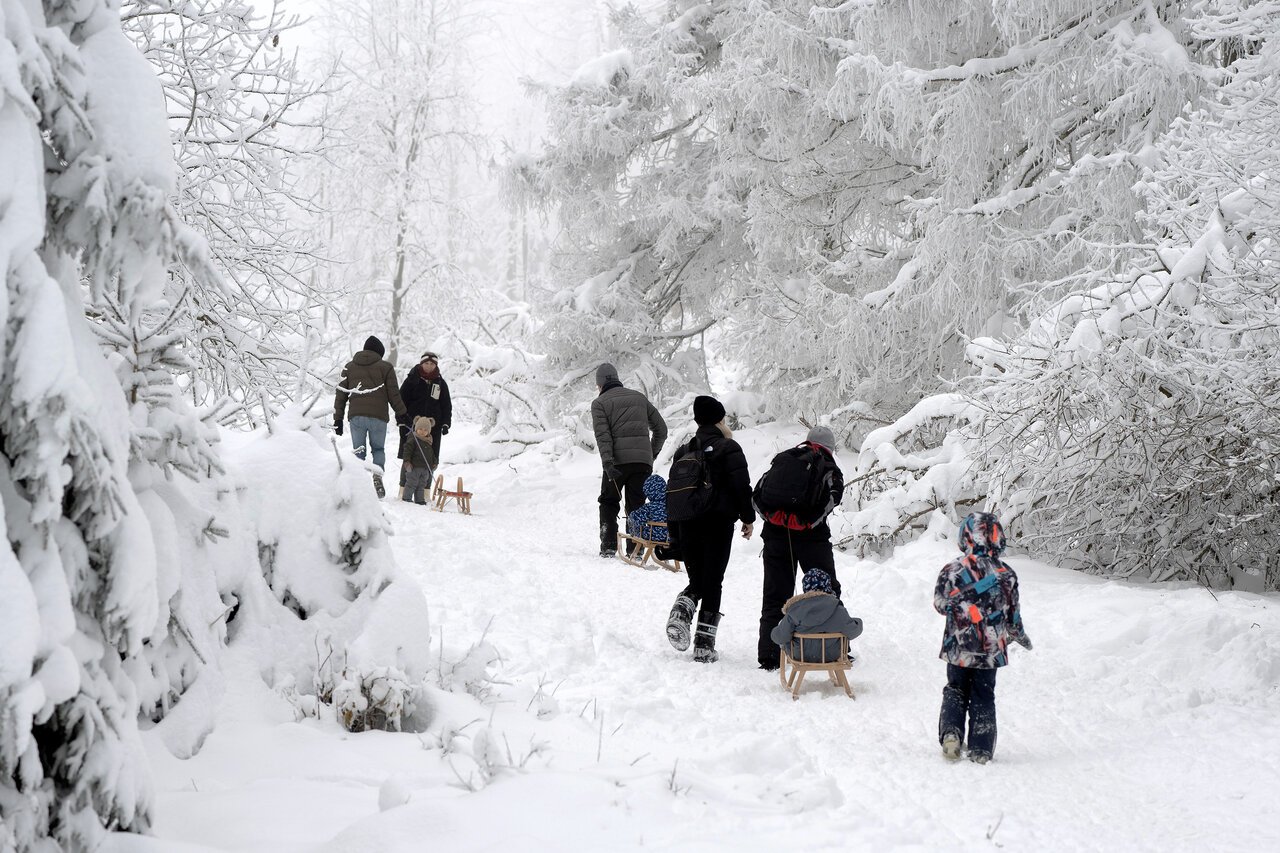
Brush up on your language skills
The expression “life’s too short to learn German” doesn’t quite carry the same weight when you’re searching for ways to burn through the long winter nights. It’s high time to dust off your textbook and hunker down for an industrious session of Hausaufgaben (homework). There are loads of free resources online and it doesn’t have to be a lonely affair: apps like Tandem let you exchange languages with others (largely) for free. Come spring you can crawl out of your chrysalis a fully-fledged Sprach-schmetterling (language butterfly) and be able to converse well with new German friends.
READ ALSO: The best ways to improve your German for free
Warm up by Bahn
Germany is well known for its solid public transport system, and in winter it’s a good place to take a break from the cold. Use the transport system to warm up during long periods of being outside. Or make the most of a day trip by enjoying a longer regional train journey to the suburbs of your city or to get to the next town. Snuggle in with a big scarf and a good book and don’t forget cash: you might get serenaded by a busker.
Explore lesser-known Christmas markets
Even though there is a charm to all Christmas markets in Germany (it is the birthplace of them, after all), you don’t have to venture too far off the beaten track to discover spots that offer quality, locally-made products and have retained some of their rustic charm. Make sure to check your local council events page or social media for community markets.
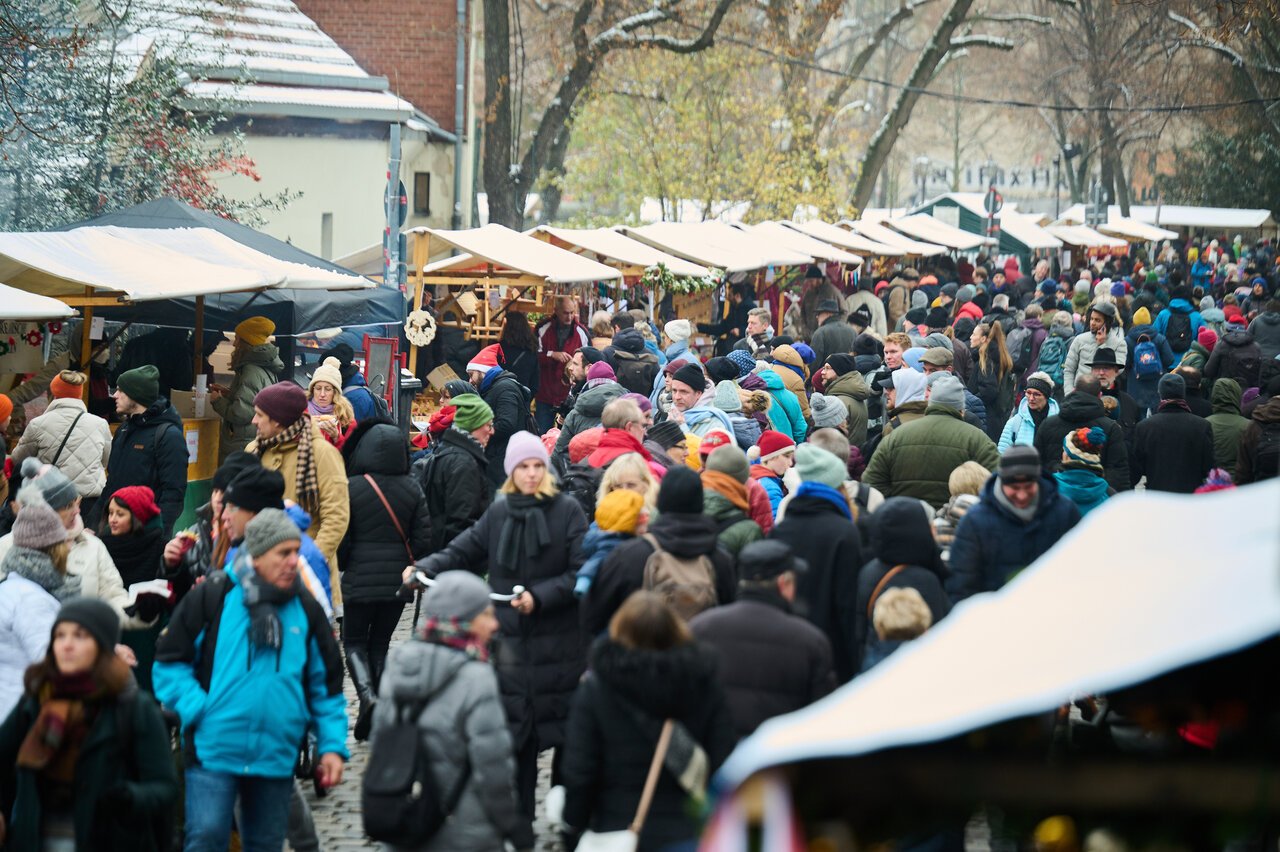
Those less nostalgic for days of yore can increasingly find alternative options: take the LGBTQ* Pink Christmas Market in Munich or the Erotic Christmas Market in Hamburg, where renditions of Stille Nacht are more likely sung atop 6-inch stiletto heels. At the very least, the markets are a great place to pick up a hot glass of Glühwein.
PODCAST: Christmas markets in Germany and how did things get so bad at Stuttgart immigration office?
Buy a beamer
Known in anglophone spheres as the far less fun “projector”, a beamer is the 2023 winter essential. Invite your nearest and dearest round for a movie night or maybe it’s finally time to dive into the nation’s favourite, Tatort. Because nothing says cosy like a murder mystery. Don’t forget to don some layers, dial up the thermostat and slide into your heaviest-duty Hausschue (slippers).
Take a vacation (or staycation)
There’s no better way to stave off SAD than exploring somewhere new, and the continuation of the €49 Deutschlandticket means you can switch things up without breaking the bank. Why not check out one of Germany’s many spectacular castles or national parks? Beyond that, the whole of Europe is on your doorstep. New long-distance and sleeper trains deliver a change of scenery for less of a blow to the environment than boarding a flight to Mallorca (although that would be truly German).
READ ALSO: REVEALED – Germany’s longest regional train journeys with the €49 ticket

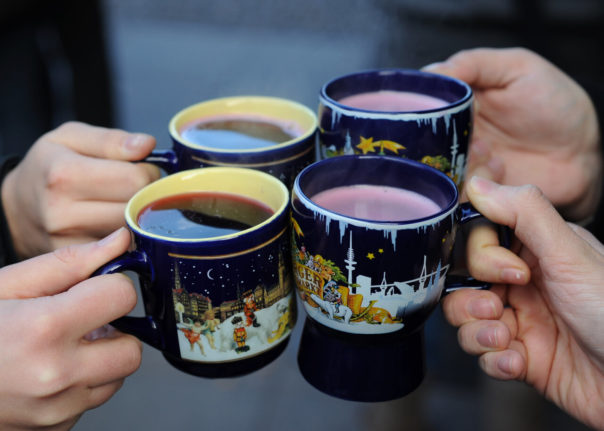
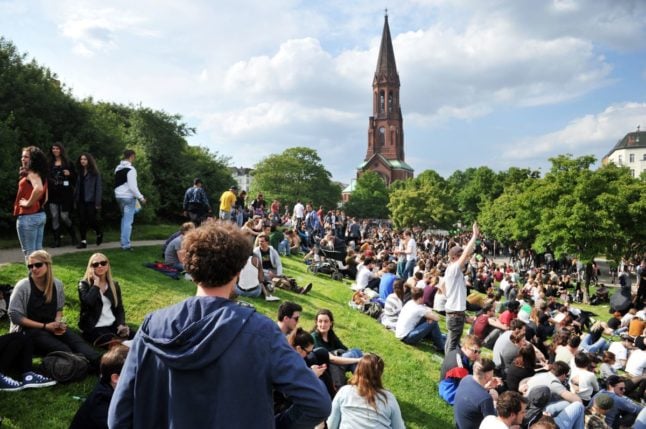
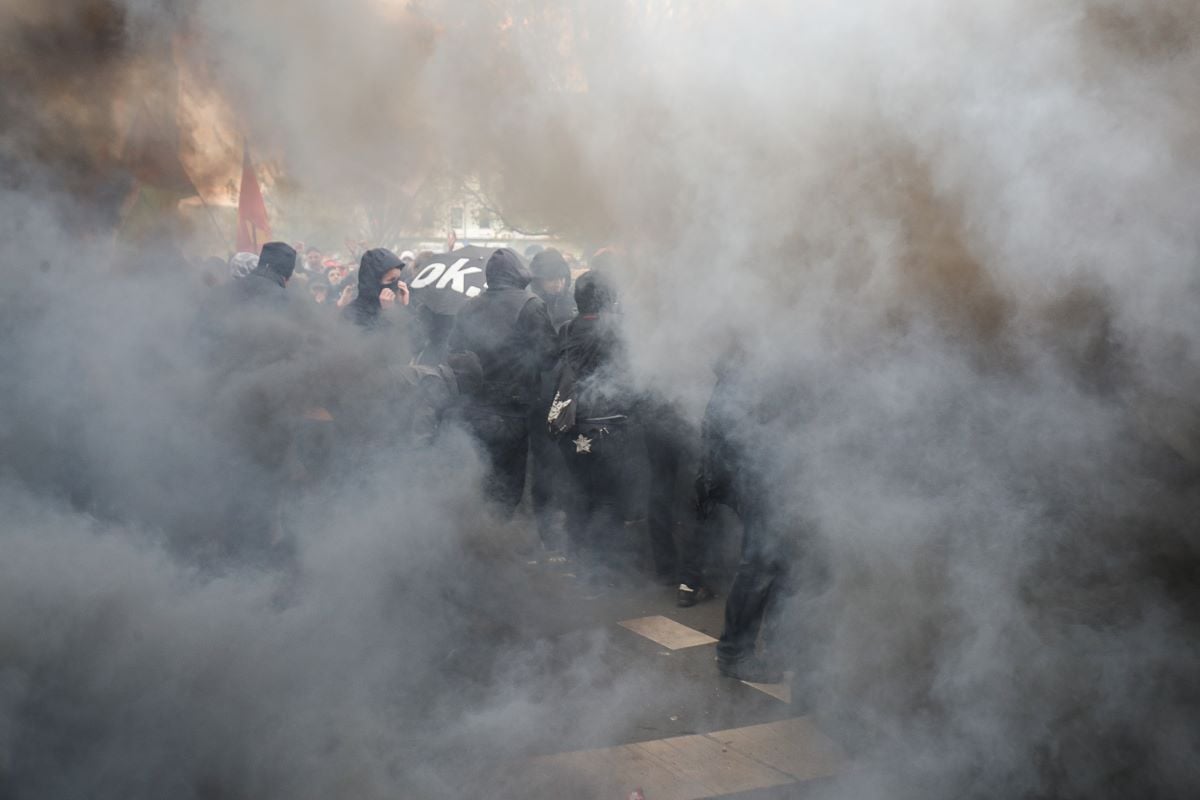
 Please whitelist us to continue reading.
Please whitelist us to continue reading.
Member comments